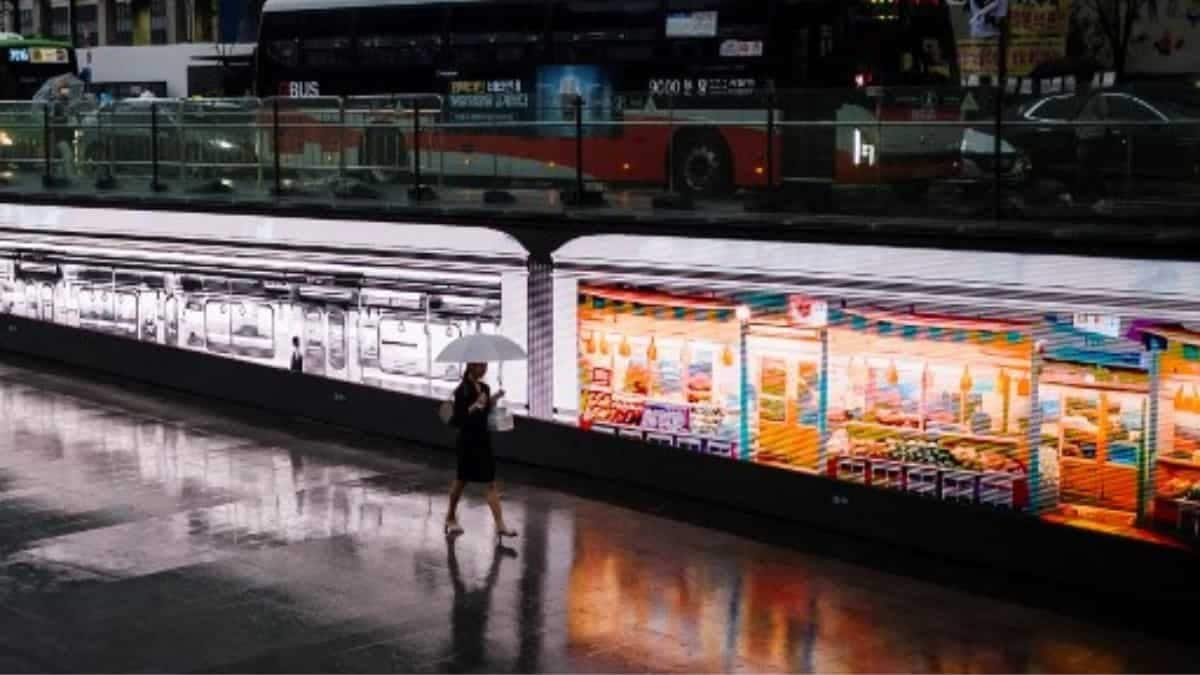
South Korea: Subway conductor's toilet break delays over 120 trains
What's the story
A subway conductor's desperate need for a toilet break led to massive delays on Seoul's Line 2 in South Korea. The incident took place at 8:11am on a Monday morning when the conductor made an unscheduled stop to use a restroom on another floor of the station. The four-minute and 16-second break led to a 20-minute delay for 125 subsequent trains, Seoul Metro said.
Working conditions
Seoul Metro addresses issue, highlights challenging working conditions
During the conductor's break, an engineer stayed with the train to ensure its safety. Seoul Metro promptly addressed the issue and minimized passenger inconvenience. The incident has highlighted the difficult working conditions of subway drivers who work without breaks for two-three hours. Although portable toilets are available for their use, they are sometimes inadequate in certain situations.
Public response
Public reaction emphasizes need for support personnel
The public has been shocked by subway drivers' working conditions, saying putting one person responsible for everything violates labor rights. One user wrote, "Although train punctuality and passenger safety are top priorities, a structure that requires one person to take responsibility for everything alone will inevitably reveal its limitations in an emergency situation." They suggested emergencies should allow support personnel to take over to ensure smooth operations and protect workers' rights.
Safety concerns
Concerns about subway safety due to drunk conductors
Apart from the working conditions, another major concern plaguing the South Korean subways is drunk drivers. According to recent government data, 33 Seoul subway conductors were caught driving the train while under the influence of alcohol. This raises serious questions about the safety of passengers and calls for stricter regulations and monitoring of subway staff behavior.